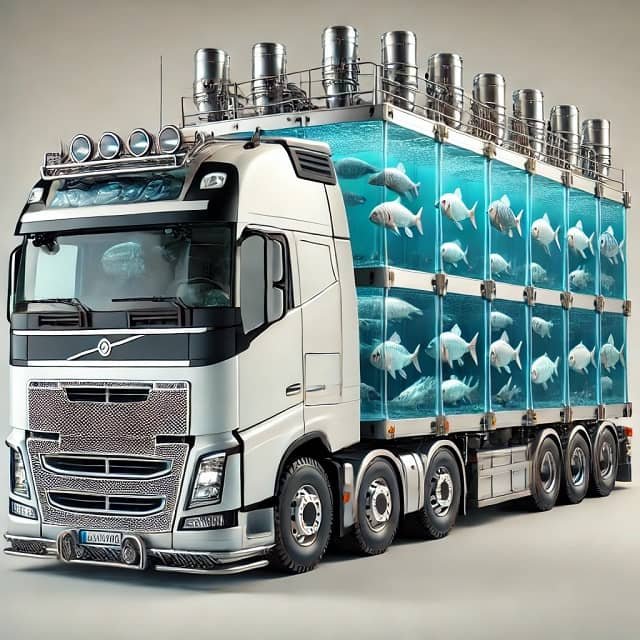New Zealand – New research by Cawthron scientists shows that hungry Greenshell™ mussels are less resilient to heat stress and more prone to cell damage during droughts and marine heat waves or during transport. While mussels have natural protective mechanisms to cope with cell damage, they can be easily overwhelmed when exposed to very stressful situations, resulting in cell damage and ultimately death.
This research is part of a wider programme to help better understand stress in mussels to inform industry practices. The MBIE funded research is investigating natural stressors such as changes in temperature, water chemistry and food availability as well as stressors related to the farming environment and practices such as transport and biofouling. The research aims to develop new tools for health assessment that can be easily applied in the field to improve practices and inform farming decisions.
Cawthron Institute scientist and research lead Dr Natali Delorme said juvenile Greenshell™ mussels that were fasted for a period of 54 hours had a reduced ability to cope with subsequent heat stress.
“Fasted mussels experienced increased oxidative damage and decreased activity of antioxidant enzymes after exposure to heat stress, which is not a good result because oxidative stress can damage cells, proteins, and DNA,” Dr Delorme said.
Transport of juvenile mussels to different farm locations can take as long as 72 hours and during this time mussels are exposed to different stressors such as emersion, changes in temperature and mechanical stress.
Dr Delorme said scientists at Cawthron are now investigating the effect that air exposure has on the physiology of juvenile mussels and how this relates to mussel performance after they are returned to the water. These results will ultimately inform the mussel industry about improved transportation methods for juvenile mussels.
Another area of research is specifically looking at how biofouling might stress Greenshell™ mussels. ‘Biofouling’ is the accumulation of microorganisms, plants, algae, or small animals like barnacles on underwater surfaces including mussel ropes. Biofouling causes negative impacts throughout the farming process from spat retention to processing, product sale and marketing. In addition, biofouling is a potential cause of stress for farmed mussels because it creates competition for food and space on mussel ropes, potentially compromising the health of mussels and making them more vulnerable to events such as heatwaves.
“Cawthron’s research team has been running trials on farms in Kenepuru Sound to explore the effects of biofouling pressure on Greenshell™ mussels and their stress levels and condition. We expect to analyse these data soon with results expected in late 2020,” Dr Delorme said
Stay Always Informed
Join our communities to instantly receive the most important news, reports, and analysis from the aquaculture industry.
“Our hope is that our research findings will provide mussel farmers and those in the industry with the knowledge and tools to improve their aquaculture processes in a way that benefits both mussel and farmer.”
Reference:
Delorme NJ, Biessy L, South PM, Zamora LN, Ragg NLC, Burritt DJ (2020) Stress-on-stress responses of a marine mussel, Perna canaliculus: food limitation reduces the ability to cope with heat stress in juveniles. Mar Ecol Prog Ser 644:105-117. https://doi.org/10.3354/meps13375
Source: Cawthron Institute
Editor at the digital magazine AquaHoy. He holds a degree in Aquaculture Biology from the National University of Santa (UNS) and a Master’s degree in Science and Innovation Management from the Polytechnic University of Valencia, with postgraduate diplomas in Business Innovation and Innovation Management. He possesses extensive experience in the aquaculture and fisheries sector, having led the Fisheries Innovation Unit of the National Program for Innovation in Fisheries and Aquaculture (PNIPA). He has served as a senior consultant in technology watch, an innovation project formulator and advisor, and a lecturer at UNS. He is a member of the Peruvian College of Biologists and was recognized by the World Aquaculture Society (WAS) in 2016 for his contribution to aquaculture.







